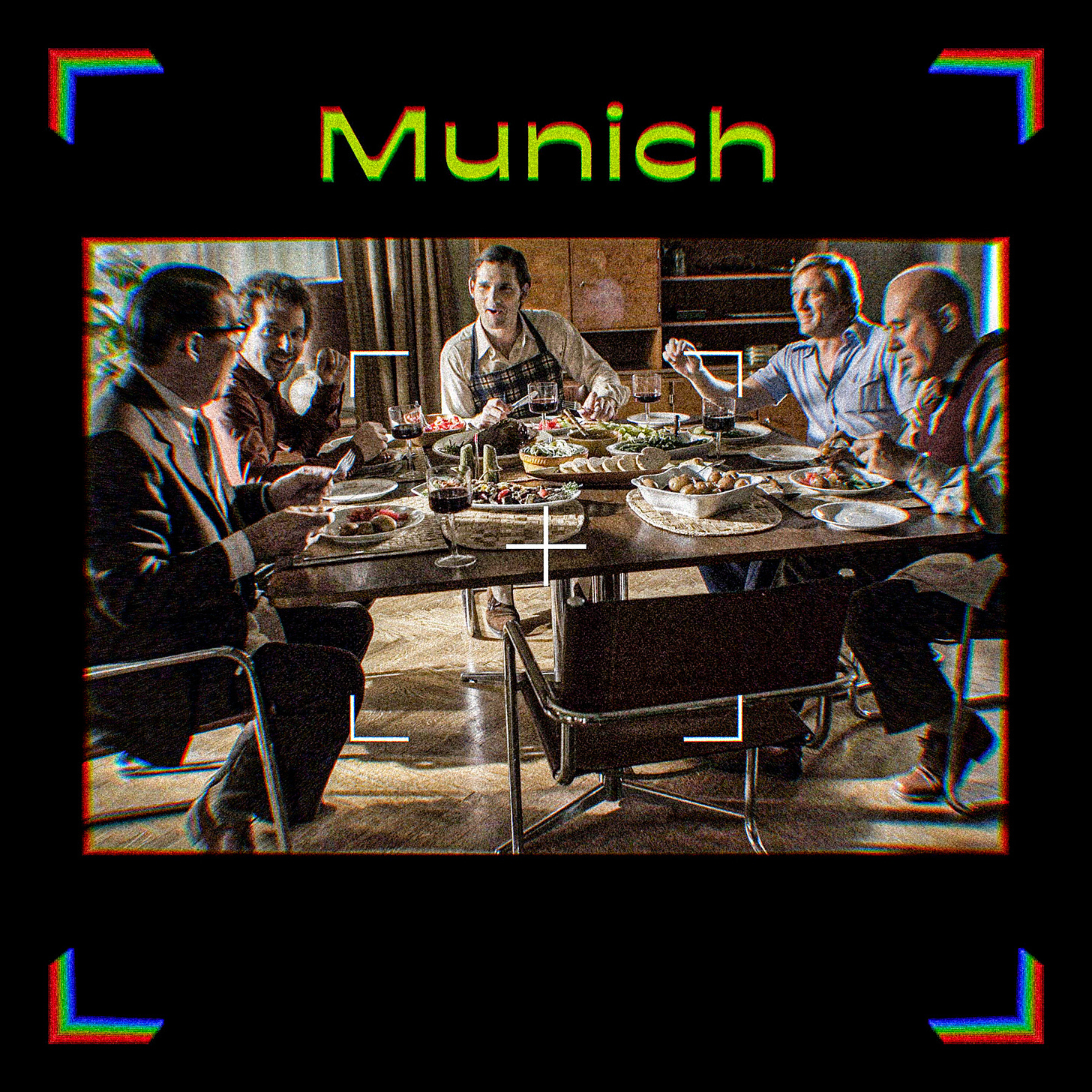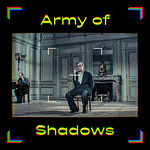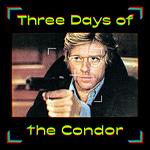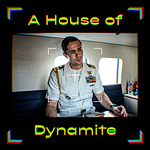Artist and writer Eli Valley joins us to wrestle with Steven Spielberg’s Munich, the director’s retelling of the 1972 Olympics massacre and Israel’s subsequent campaign of assassinations. The film is meticulously crafted, humanizing Avner and his team while layering in hesitation, doubt, and the weight of family. It also dramatizes Palestinian lives with unusual care for Hollywood, even if the balance tilts toward Israeli perspectives and familiar tropes about “moral” violence. We talk through its most affecting set-pieces—the aborted bombing when a child answers the phone, the grotesque mix of mazel tovs and murders, and Avner’s paranoia in New York—while asking what it means to live inside this endless dialogue of revenge and reprisal.
Our conversation with Eli traces the film’s political afterlife: the fury it provoked in Ariel Sharon’s government, the defenses mounted in the American press, and the broader struggle over how violence is represented on screen. We also reflect on its haunting aesthetics, from Spielberg’s chilled tones to the intimacy of family meals punctured by death to the final cut of the World Trade Center. And how these choices underscore the film’s central verdict about vengeance corroding all. Whatever its blind spots, Munich remains one of Spielberg’s most morally serious films, a rare Hollywood attempt to stage the derangement of “tribal” obligation while still respecting the humanity of all involved.
Further Reading
“Steven Spielberg’s unforgivable sin”, by Eli Valley
Michael Oren interview on Munich
“What ‘Munich’ Left Out,” by David Brooks
“Israeli consul attack’s Spielberg’s Munich as ‘problematic’,” by Gary Younge
Fürstenfeldbruck 1972 police operation (Official history and documents)
Munich Trailer














